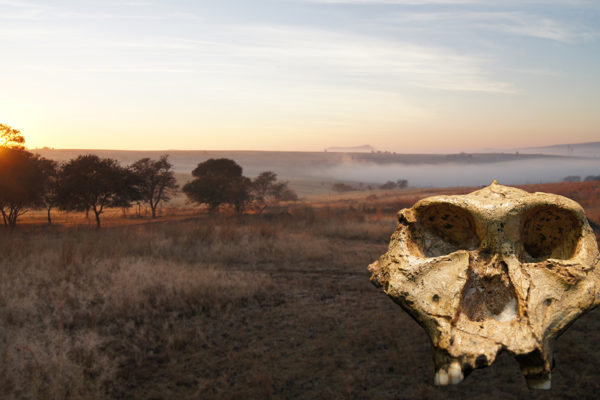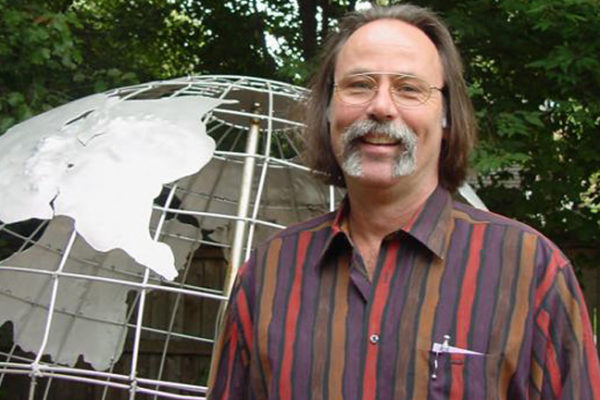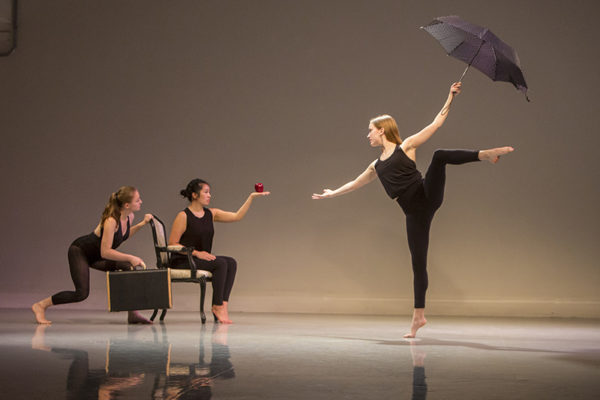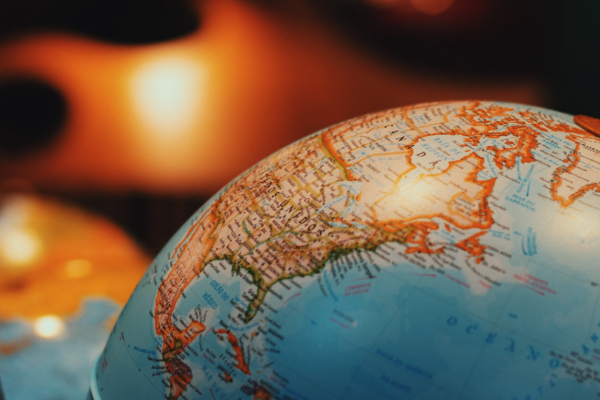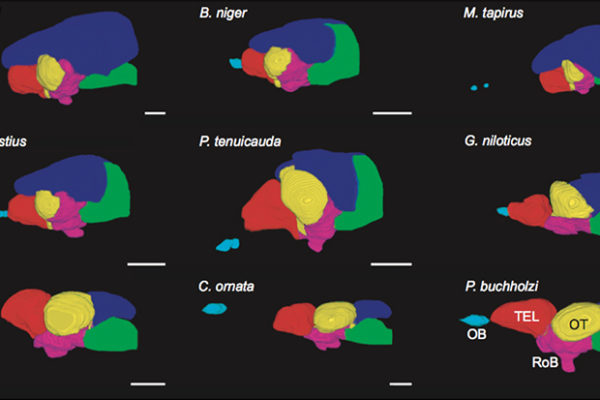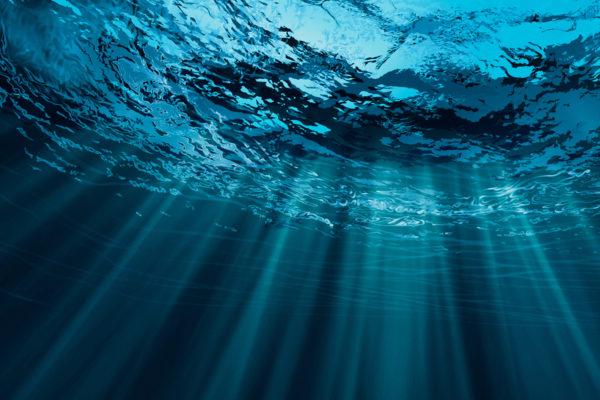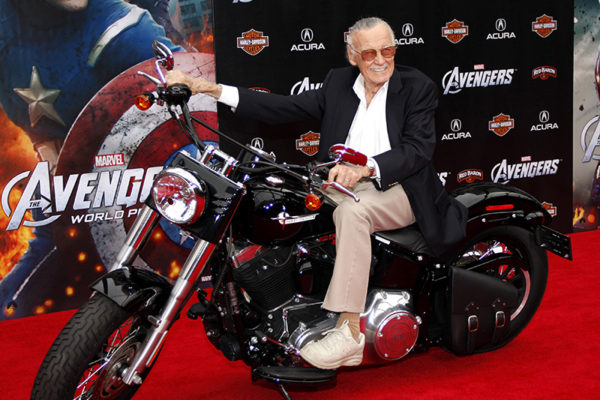WashU Expert: Students at every grade need to learn climate science
Even the youngest students are ready to learn about climate science, according to Michael Wysession, professor of Earth and Planetary Sciences in Arts & Sciences and executive director of the Teaching Center at Washington University in St. Louis.
Dating the ‘Cradle’: A new timeline of early human history
Drastic climate changes shaped the timeline for rich deposits of early human ancestor fossils found in a network of South African caves known as the “Cradle of Humankind,” suggests a new study co-authored by paleoanthropologists at Washington University in St. Louis.
Political science faculty rank high for research productivity
The Department of Political Science in Arts & Sciences at Washington University in St. Louis ranks second in the nation in a new study of faculty research productivity published by the American Political Science Association.
‘What is dance?’
The Performing Arts Department will present “Shadows,” a new work by celebrated choreographer Dana Tai Soon Burgess, as part of “PastForward,” the 2018 Washington University Dance Theatre concert, beginning Nov. 30. In all, the concert will feature more than 20 dancers performing seven works by faculty and visiting choreographers.
AAAS names 11 Washington University faculty as fellows
Eleven faculty members at Washington University in St. Louis are among 416 new fellows selected by the American Association for the Advancement of Science (AAAS), the world’s largest general scientific society.
Justin Phillip Reed wins National Book Award for Poetry
Justin Phillip Reed, a 2015 graduate of the MFA Writing Program in Arts & Sciences, has won the 2018 National Book Award for Poetry. The award is generally considered among the world’s most prestigious literary prizes.
The World Changers: These WashU women are making a better world
Social entrepreneurship at Washington University is strong with faculty, students and alumni creating change around the world. Here are four examples.
New maps hint at how electric fish got their big brains
Washington University researchers have mapped the regions of the brain in mormyrid fish in extremely high detail. In a study published in the Nov. 15 issue of Current Biology, they report that the part of the brain called the cerebellum is bigger in members of this fish family compared to related fish — and this may be associated with their use of weak electric discharges to locate prey and to communicate with one another.
What a deep dive into the deep blue sea is teaching us
Slow-motion collisions of tectonic plates under the ocean drag about three times more water down into the deep Earth than previously estimated, according to a first-of-its-kind seismic study that spans the Mariana Trench. The work has important implications for the global water cycle, according to Douglas A. Wiens in Arts & Sciences.
WashU Expert: Death of a salesman — Stan Lee
“Stan Lee was a man of contradictions,” says comics scholar Peter Coogan, “self-aggrandizing and self-deprecating; a great collaborator and someone who took credit for others’ work; hugely successful except when his endeavors crashed in failure. But unlike the superheroes, neither side was secret.”
View More Stories

